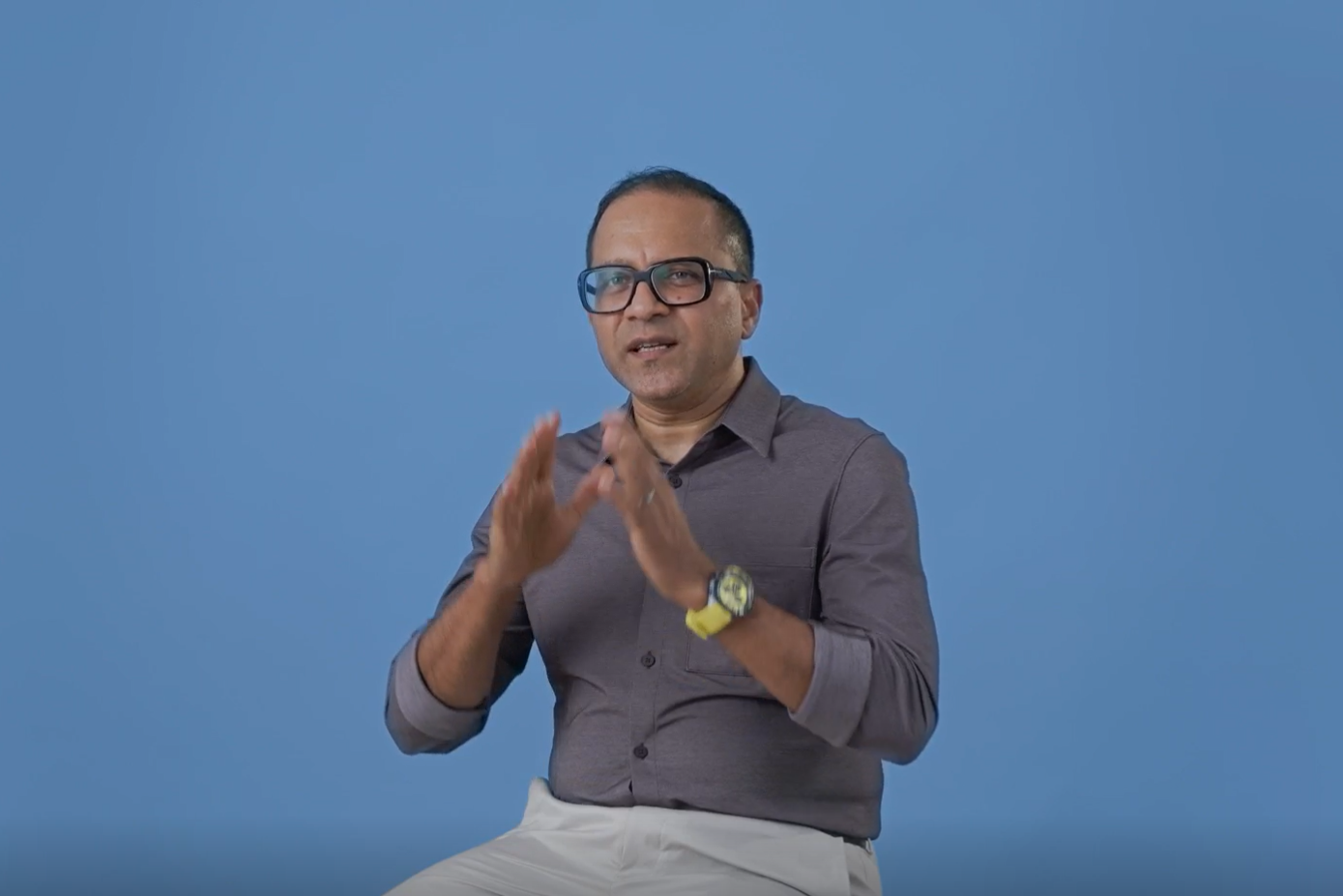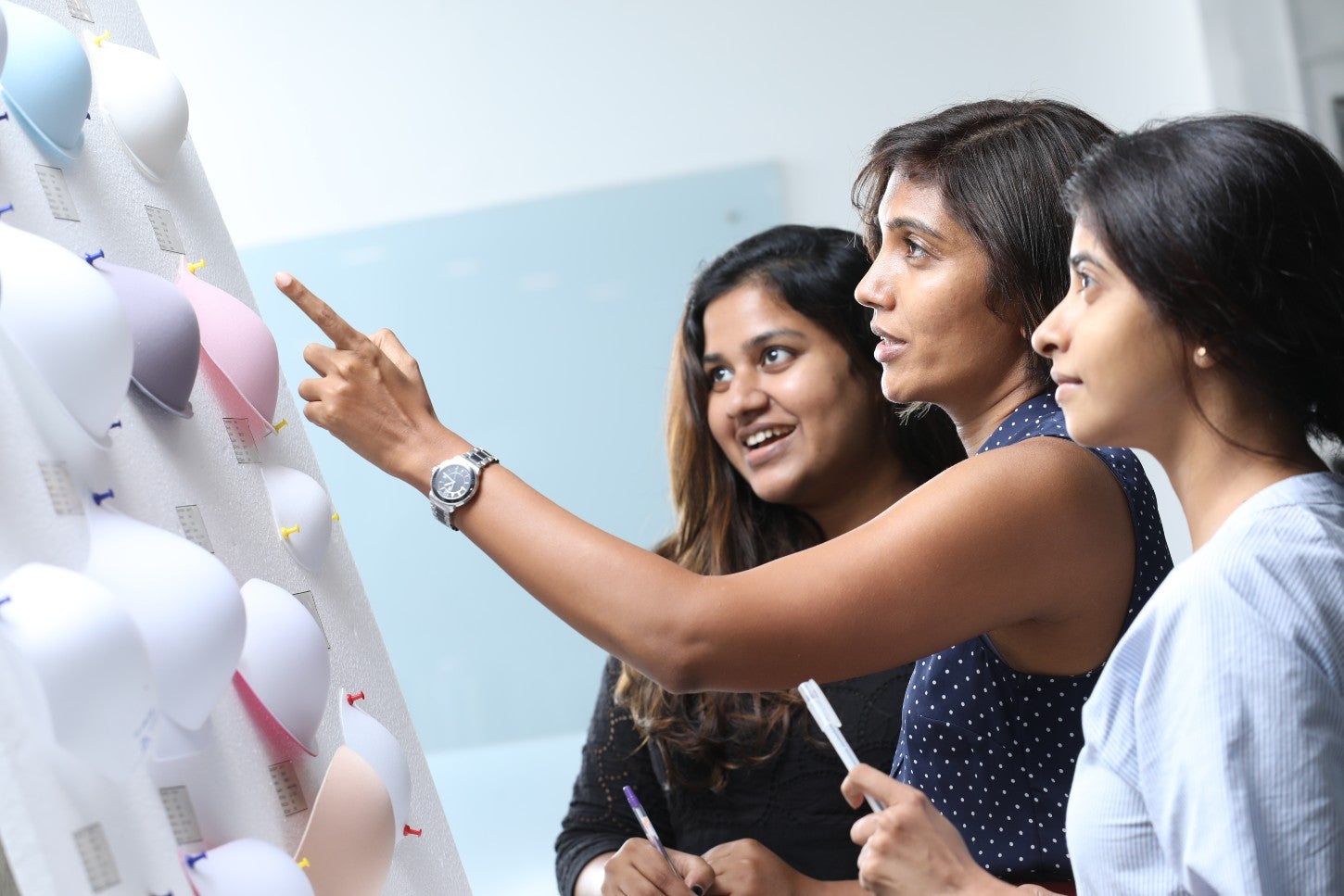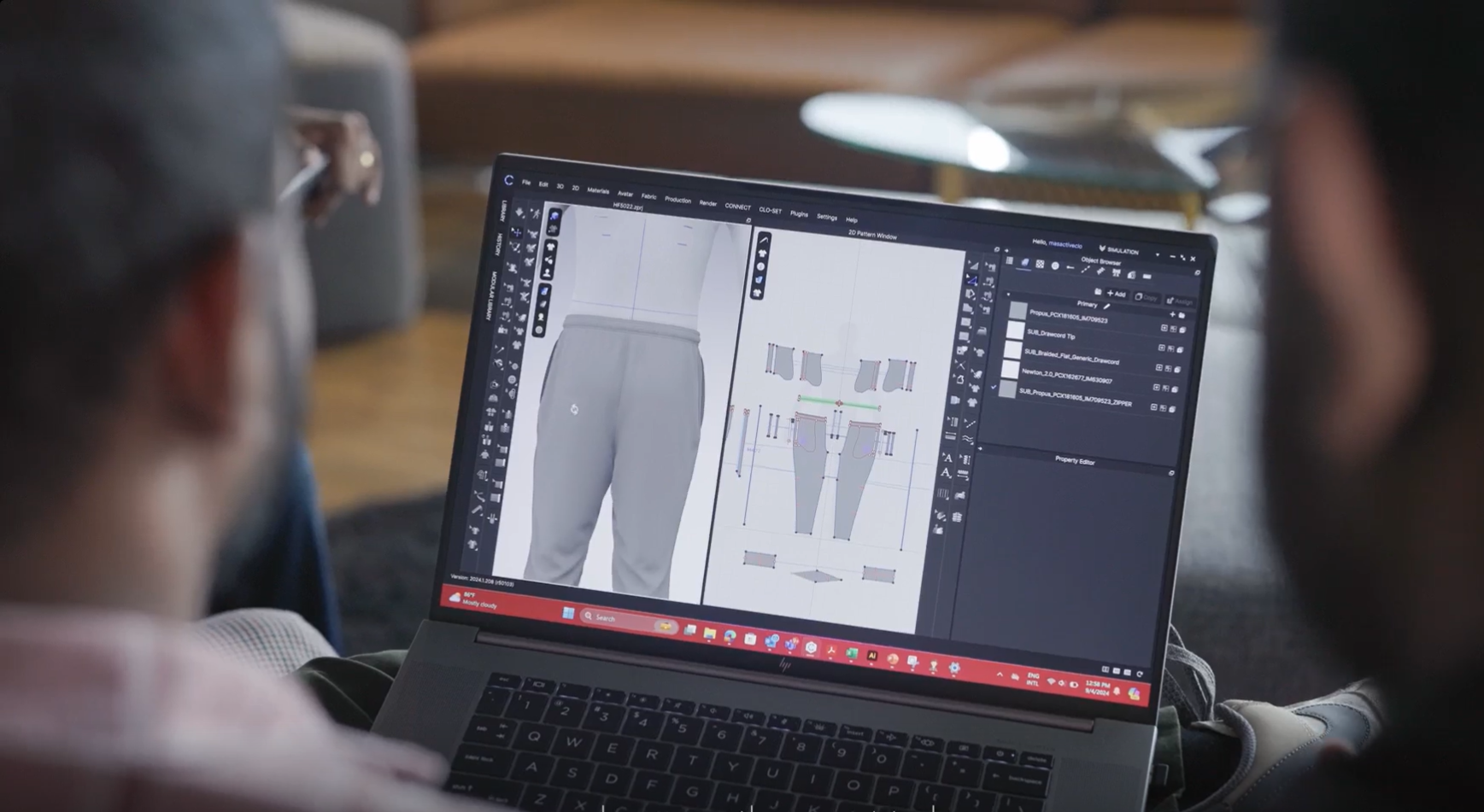Faced with rising geopolitical tensions, sustainability imperatives, rapid technological advancements, and a hyper-proliferation of fashion and pop culture trends, global fashion brands and consumers alike are no longer content with the status quo.
The call for agile, resilient, and responsible product manufacturing has never been louder. Simultaneously, historic economic uncertainty in traditional and emerging markets is once again placing pressure on the world’s apparel producers to adapt, optimize, and innovate.
Despite the turmoil, the industry is also witnessing a quiet revolution—where strategic partnerships and cutting-edge tech processes are driving an end-to-end transformation in how garments are conceptualised, produced, and delivered. At the heart of this change is MAS.
Dilshan Mohamed, MAS’s Group Product Transformation Officer, delves into the company’s journey from manufacturer to co-creator: “Early in our journey, we recognised that our greatest value wasn’t just in producing volume but in our ability to create and innovate.”

“Back then, brands had their own teams that led the product innovation process, and we would simply accept designs and focus purely on mass production,” Dilshan said. “But we quickly realised the value we have within our own teams who have a deep understanding of product and technology. To serve our customers better, what we needed was to gain a more direct understanding of consumers (the wearers of our products), their preferences and their pain points, to deliver more meaningful solutions,” Dilshan explains.
Decoding Demand to Innovate and Transform Products
“Before we had advanced data analytics, we encouraged our designers to learn firsthand by spending time in stores, observing consumer behaviors and the wider trends driving them. Even then, our approach improved our product pick rate significantly—from 3%-4% to over 20%.”
MAS’s first structured efforts towards innovation came with the establishment of the MAS Design Center (MDS) in 2003. This laid the groundwork for product innovation by integrating marketing and design into its core operations. It was the start of building a specialised product community, people who knew the product from end to end. Starting with design and patternmaking to developing a complete tech-pack and seeing these designs through to development and Bulk production.
Reinforced by the knowledge that even from locations far removed from the end-customer, teams could still gain a strong understanding of trends and preferences—MAS then set up dedicated units specifically for gathering market intelligence. This intimate knowledge of what drives consumer choices became the cornerstone of MAS’s product transformation journey.
“Understanding our consumers was just the beginning,” Dilshan explains. “As digital tools emerged, we recognised that they could amplify our ability to anticipate needs and drive innovation on a whole new level. We were quick to integrate these capabilities, evolving our processes to become as agile in data as we were in design. These investments quickly paid off, positioning us to serve brands that ended up among the biggest winners of the digitisation that followed the global financial crisis of 2008.”

Embracing Specialisation
Building on its early lessons and market intelligence, MAS is now harnessing deep specialisation into select product categories—known as MAS Centers of Excellence.
This is a strategic effort to channel resources and expertise into high-value niches. While continuing to innovate in lingerie and intimate wear, MAS has also carved out expertise in areas such as sports bras, athleisure, and swimwear. Moreover, MAS’s portfolio now spans niche solutions, including wearable technology—products that monitor heart rate, body performance, and posture—providing real-time data for consumer benefit. The company has also been a pioneer in the FemTech space, developing a range of sustainable solutions addressing menstruation, pregnancy and menopause, reducing consumer reliance on disposables. Meanwhile, MAS’s capability in adaptive clothing—designed with easy-on, easy-off closures for persons with movement restrictions or disabilities—epitomizes how innovation, when guided by human insight, can transform lives.
“Our specialisation strategy isn’t about limiting what we do—it’s about mastering the art of what we do best,” explains Dilshan. “By concentrating on key categories, we can invest deeply in tech, R&D, and advanced digital tools, working closely with our partners to drive breakthrough innovations that truly resonate with consumers.”
Dilshan spearheads Product Transformation at MAS, with a talented community of people who are passionate about products, driving them to innovate advanced apparel solutions that address longstanding consumer needs and industry challenges.
Capturing the Opportunities in Disruption
As consumer expectations continue to evolve, MAS is shaping its future around three key pillars: evolving consumer priorities, material innovation, and digital and tech transformation.
1. Evolving Consumer Expectations
Today’s consumers are increasingly mindful of their purchasing decisions, favoring brands that align with their values. Transparency, ethical sourcing, and purpose-driven innovation are becoming non-negotiable, influencing not just what they buy but also how they engage with brands.
“Consumers now want deeper connections with the brands they support,” says Dilshan. “They seek accountability in sourcing, subtle branding, and products designed for longevity and purpose. This shift presents both a challenge and an opportunity for the industry.”
2. Material Innovation and Sustainability
Sustainability remains a cornerstone of MAS’s strategy. Most notably, MAS’s work with Ambercycle has integrated innovative recycling processes to turn pre-consumer textile waste into high-quality yarn. This partnership enables a circular system that reduces waste and encourages a more sustainable production model. Additionally, collaboration with HeiQ to incorporate HeiQ-Aeoniq™—a bio-based solution that enhances fabric performance and biodegradability—ensures that even disposed fabrics are environmentally responsible.
“We still believe that the future of fashion will be built on authentic sustainability and true circularity,” Dilshan noted. “Between Ambercycle and HeiQ Aeoniq™, we aim to establish a more responsible and ethical model for the global fashion and apparel industry.”
3. Digitalisation and Emerging Technologies
MAS is leveraging generative AI for predictive analytics and decision-making, optimising production timelines, reducing waste, and improving sell-through rates for retail partners.
“Digitisation touches every aspect of our business,” Dilshan explains. “From virtual design to real-time logistics and traceability, technology will enable us to collaborate globally and deliver better results faster.”
Furthermore, autonomy and adoption as assembly tech are vital, he noted.

Impact through empowerment
MAS’s approach to innovation and sustainability is unique and expansive. Its partnership with the Sri Lankan national athletics team, for example, not only supports athletes but also provides an opportunity to collect feedback on garment performance in real-world conditions. The integration of athlete-driven insights has led to targeted innovations in design, refining the balance between performance and functionality in apparel.
In addition to its product-focused efforts, MAS prioritizes talent development. Recognising that a skilled workforce is key to navigating the demands of the apparel industry, the company is deeply invested in upskilling its teams across various functions.
“Our talent is as important as our technology,” Dilshan emphasises. “By investing in our teams, we are fostering a culture of learning and curiosity, which in turn drives innovation.”
From its early days as a lingerie manufacturer to a global innovator, MAS Holdings has consistently evolved to meet the demands of a changing world. Staying true to its values of putting people first helps keep sustainability, quality, and consumer-centric solutions at the center of its work in shaping the future of apparel, as envisioned by our chairman, Mahesh Amalean.
For brands that demand more than mere production capacity—seeking instead a partner and co-creator who can deliver the highest quality, ethically produced, and technologically advanced solutions—MAS offers a compelling proposition.
For enquiries, please contact:
Dilshan Mohamed
Group Product Transformation Officer – MAS Holdings
(dilshanm@masholdings.com)


